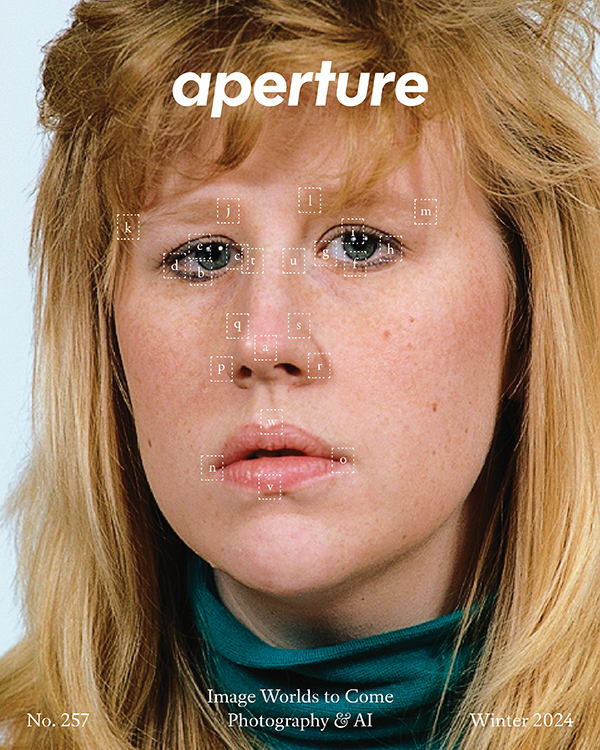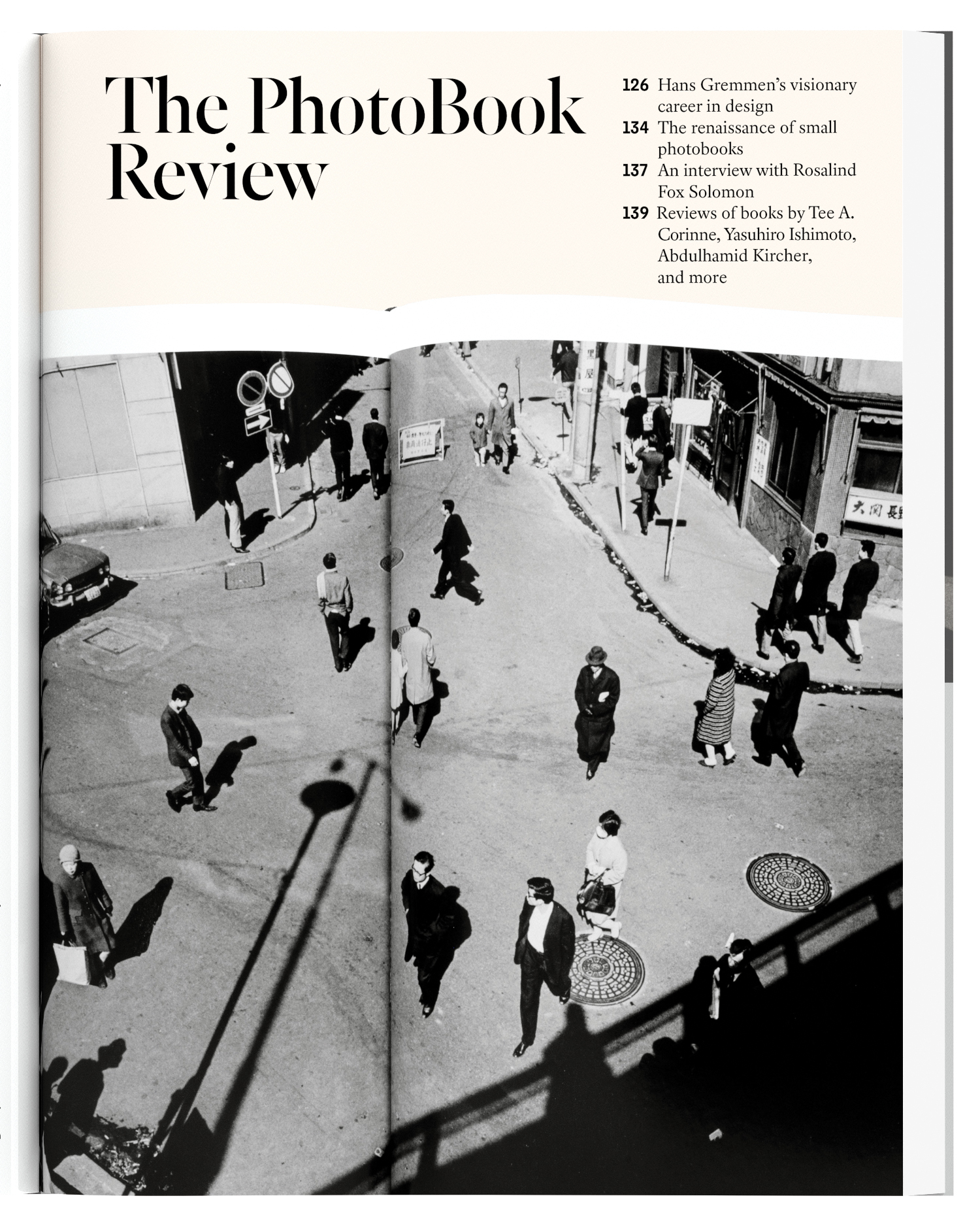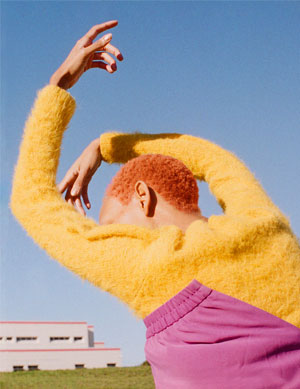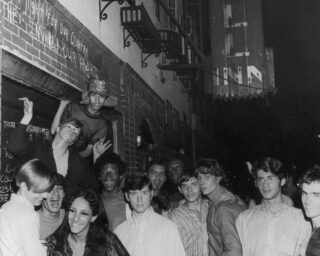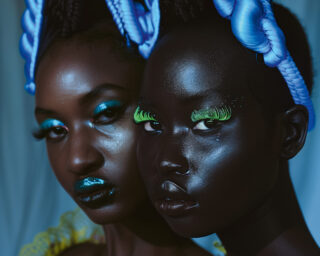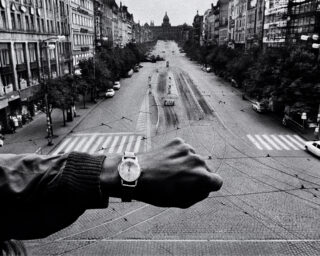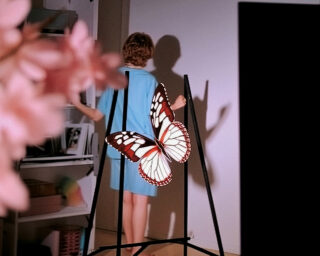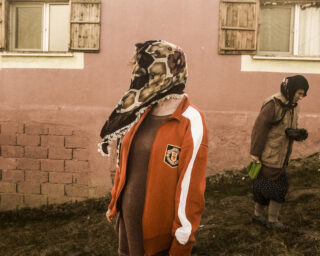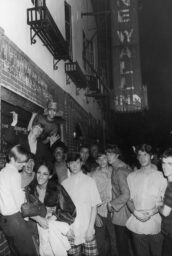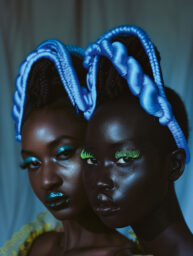Cover of Jet magazine, May 27, 1965
This is a picture that masks a thousand indignities. The year was 1965. The country was in turmoil in the wake of the assassination of President John F. Kennedy. The Vietnam War raged and the South was on fire with the civil rights movement. My family had recently returned to the United States from Rome, Italy, where my white Anglo-Saxon Protestant father, Timothy Fales, and Haitian American mother, Josephine Premice, hounded by a racist press and relentless hate mail in the wake of their “scandalous” marriage in 1958, had taken refuge. As punishment for his “misalliance,” my father was fired from his job at a shipping company and his name was permanently expunged from the Social Register, America’s answer to Debrett’s Peerage. In “deigning” to wed a black woman, he had forfeited his place in our country’s Brahmin caste.
At three, I was blissfully oblivious to my parents’ struggles in our “pigmentocracy,” as well as to the turbulence around me. My mother, a brilliantly gifted actress, singer, and dancer—and the family’s pied piper—created an oasis of love, beauty, and limitless possibility. This photograph, taken for the cover of the black-owned weekly magazine Jet, captures her indomitable spirit and mesmerizing influence. In this image, as in life, my brother and I looked to her to see our true selves and learn the way forward. She taught us by example never to let life’s circumstances break our stride.
Though upon returning to New York my mother spent her days being denied rental apartments in a city of de facto segregation, she refused to be defined by the willfully ignorant and blind. Each morning, she donned full makeup and an exquisite ensemble, her armor in a business that reduced nearly all black actresses to playing maids or prostitutes on-screen and in a world that treated her as a second-class citizen. In a land of injustice, “she walked in beauty.”
No mainstream publication at the time would have featured a black actress and her children on its cover, and even to this day such images are cause for jubilation. In the latter half of the twentieth century, Jet and its sister magazine, Ebony, captured the dimensions of black life and achievement the mainstream media rendered invisible, and thus gave black America a vital mirror in which to see itself. Through this family portrait, my ridiculous Minnie Pearl hat notwithstanding, Jet offered my mother the opportunity to remind her own children, as well as the larger black community, to heed the words of champion prizefighter Jack Johnson: “I was a brunette in a blonde town, but gentlemen, I did not stop steppin’.” We walk on.
Read more from “Vision & Justice” or subscribe to Aperture and never miss an issue.
